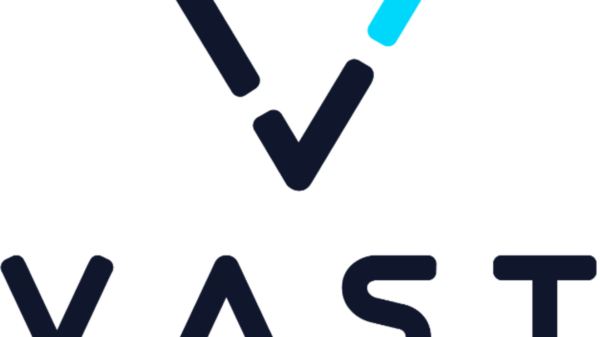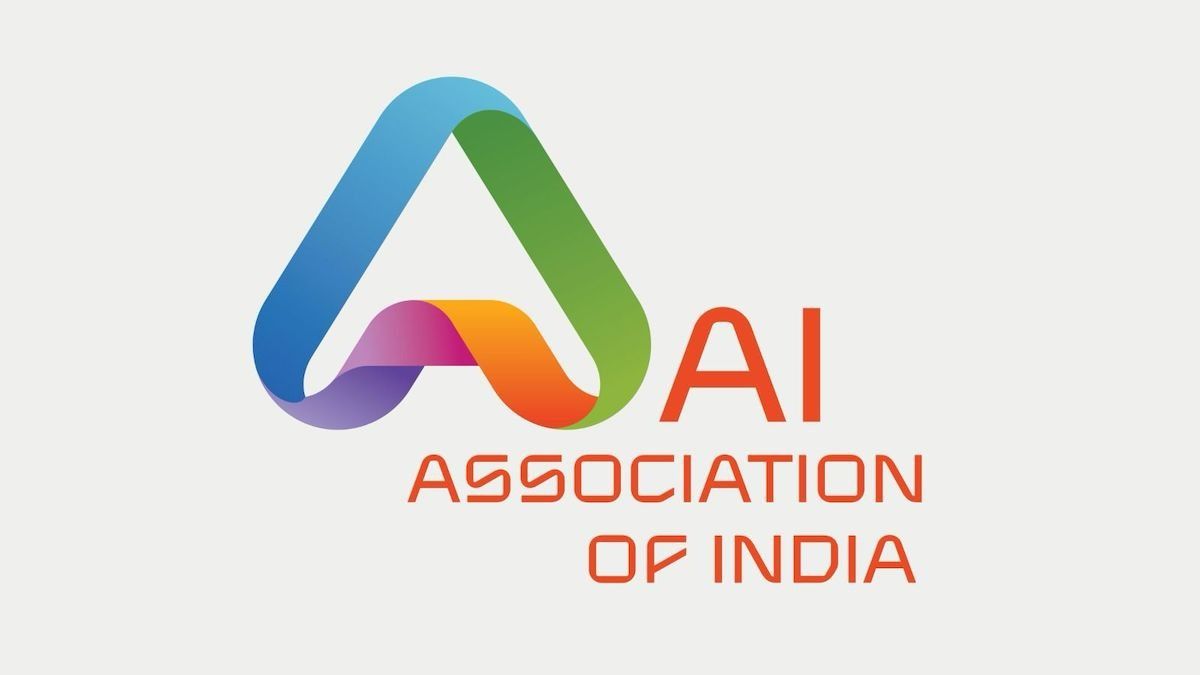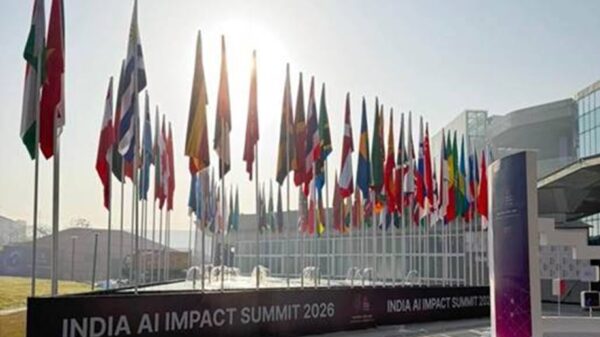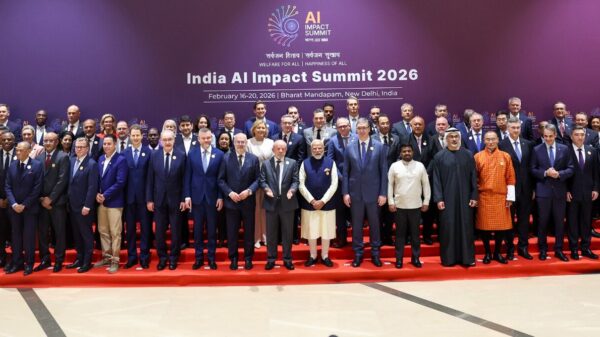The launch of the Artificial Intelligence Association of India (AIAI) marks a significant development in the country’s artificial intelligence landscape. As India’s first dedicated industry body for AI, AIAI aims to foster ethical, inclusive, and innovation-driven growth within the creative and technology sectors. This initiative is crucial as it empowers India to transition from being a passive consumer of global AI technologies to an active contributor in the AI revolution.
Key Features
AIAI has outlined several key objectives to guide its efforts in shaping the AI landscape in India:
Policy and advocacy: The association will represent creative industries in AI-related consultations with key government bodies such as MeitY, DPIIT, and NITI Aayog.
Ethical standards: AIAI plans to develop certification frameworks aimed at promoting ethical AI practices across various fields, including advertising, film, music, and design.
Skilling and inclusion: The association aims to train over 10,000 creative professionals in AI tools and workflows by 2026, enhancing the skill set of the workforce in AI applications.
R&D and innovation: AIAI will incubate India-focused AI tools that contribute to content creation, translation, personalization, and storytelling.
Creative IP Protection: The body will lead national efforts to safeguard artist attribution, combat deepfakes, and evolve copyright rules related to AI-generated content.
Use Cases and Who It’s For
AIAI’s formation is timely, coinciding with a rapid scaling of India’s AI ecosystem. While the excitement is palpable, there is also anxiety regarding the regulatory environment. AIAI aims to bridge the gap between innovation and regulation, making it particularly beneficial for stakeholders in the creative industries, including advertising, design, film, music, gaming, and publishing.
The association will serve as a platform for technologists, creators, legal and policy experts, educators, and industry stakeholders. By facilitating collaboration among these groups, AIAI is poised to drive responsible AI adoption while preserving India’s cultural identity and talent.
Limitations or Risks
The source did not specify any limitations or risks associated with AIAI. However, it is worth noting that the AI landscape is fraught with challenges, including issues like bias, misinformation, and the ethical implications of AI-generated content. As AIAI sets up initiatives like “ethical sandboxes” and a national AI incident registry, it will likely address these challenges proactively.
As AIAI positions itself as a policy think tank, innovation incubator, and industry forum, it is committed to accelerating responsible AI adoption while safeguarding Indian identity, talent, and intellectual property. This is particularly essential as the country grapples with the complexities of integrating AI into its creative economy.
In summary, the establishment of AIAI presents a critical moment for India’s AI trajectory. As Sandeep Goyal, National Convenor of AIAI, emphasized, “AI is no longer the future; it is the now.” By creating a robust framework for ethical AI practices and fostering innovation, AIAI is set to play a pivotal role in shaping a future where India leads rather than follows in the global AI landscape.
See also PHP Developers Embrace Rubix ML and PHP-ML for 2025’s Machine Learning Needs
PHP Developers Embrace Rubix ML and PHP-ML for 2025’s Machine Learning Needs Mate Health Launches MateIQ AI Tool to Simplify At-Home Semen Analysis for Men
Mate Health Launches MateIQ AI Tool to Simplify At-Home Semen Analysis for Men Palo Secures $3.8 Million to Enhance Creator Workflows with AI-Powered Insights
Palo Secures $3.8 Million to Enhance Creator Workflows with AI-Powered Insights 95% of Enterprises See No AI ROI: Key Strategies for Responsible Integration
95% of Enterprises See No AI ROI: Key Strategies for Responsible Integration Penn State Researchers Launch NaviSense, AI Tool Enhancing Real-Time Object Recognition for the Visually Impaired
Penn State Researchers Launch NaviSense, AI Tool Enhancing Real-Time Object Recognition for the Visually Impaired







































































